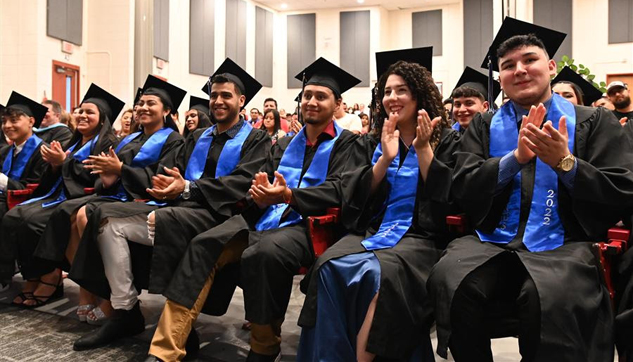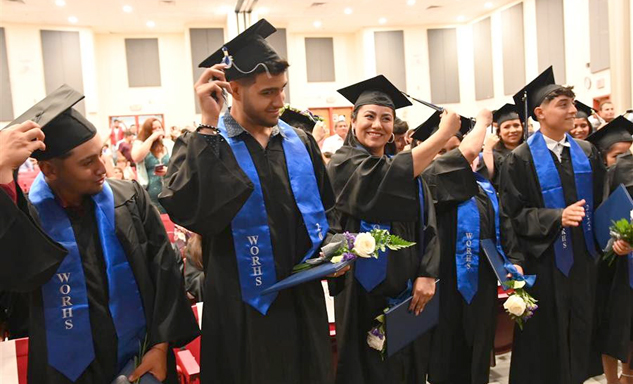
Serving All Students: One White School Counselor's Ongoing Journey Toward Cultural Competence
By Amy Gleason Carroll, Ph.D. | March 2024

.jpg) To act ethically and serve all students, school counselors must understand our own race, ethnicity, biases and ecological context and how these factors influence how we perceive and interact with the students and families we serve. We must learn about our students’ and families’ racial, ethnic and cultural backgrounds and incorporate culturally affirming counseling practices.
To act ethically and serve all students, school counselors must understand our own race, ethnicity, biases and ecological context and how these factors influence how we perceive and interact with the students and families we serve. We must learn about our students’ and families’ racial, ethnic and cultural backgrounds and incorporate culturally affirming counseling practices.Most school counselors’ education and race differ from the students we serve. All licensed school counselors have master’s degrees. That makes us among the 14 percent most educated people in the United States.
Most school counselors in the United States are White, while most students are not.
In 2020, the American School Counselor Association reported that approximately 77 percent of school counselors were White, 10 percent were Black or African American, 5 percent were Latinx, 3 percent were two or more races, about 1 percent were Asian, and less than 1 percent each were American Indian or Alaska Native, Native Hawaiian or other Pacific Islander, and 4 percent preferred not to say.
In 2021, 45 percent of public school students were White, 15 percent Black, 28 percent Hispanic, 5 percent Asian, 1 percent American Indian/Alaska Native, and 5 percent were two or more races, according to the National Center for Education Statistics.
I am a White, not Hispanic, cisgender, woman with a Ph.D. who was born and raised in the United States. In my work as a school counselor, I have had the privilege of working with newcomer immigrant high school students from Central America.
I began my journey toward understanding my own race, ethnicity and biases in my George Mason University master’s in counseling program learning about multiculturalism and social justice. I learned that I had great privilege in terms of race, education and income. I began to understand how that privilege allowed me to live in ignorance of the lived experiences of many of the students and families in the community where I work as a school counselor. I learned that many of my Hispanic students and families immigrated from Central America fleeing violence and civil unrest, work many hours, value family and community over individual achievement, and are kind and welcoming when I reach out. To increase my cultural competence in working with my students, I read autobiographies and books by Central American authors, watched documentaries, read research studies and purposefully interacted with Central American neighbors and community groups.
Now in my work as a school counselor working with immigrant students and families, I seek to understand their perspectives, values and priorities. I understand that great within-group variation exists and I do not assume that all my students share the same experience or background. I seek to hire staff who share my students’ race, ethnicity and cultural and linguistic background. My staff and I offer interpreters to every student and family, and frequently use them. We offer group counseling and create peer mentoring relationships, pairing students who have been with us several semesters with newly arrived students.
Learning about myself and the students and families I serve is an ongoing process and I will continue throughout my career. I hope that sharing my journey toward gaining cultural competence inspires you to embark on the same journey to ethically serve all students.
Amy Gleason Carroll, Ph.D., is director of school counseling for Loudoun County Public Schools, an adjunct professor at George Mason University and a director for the Virginia School Counselor Association.
